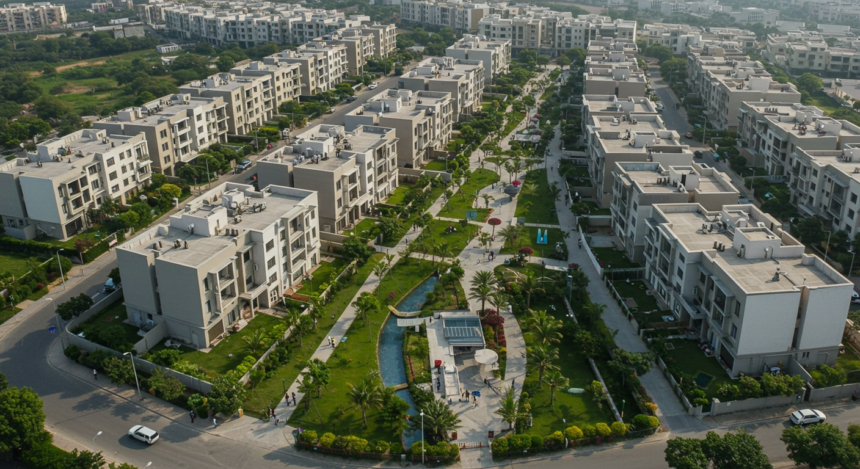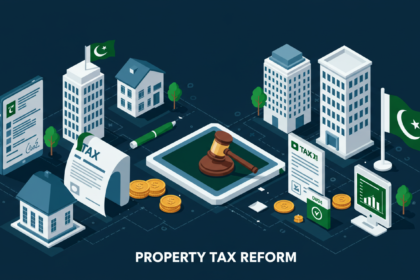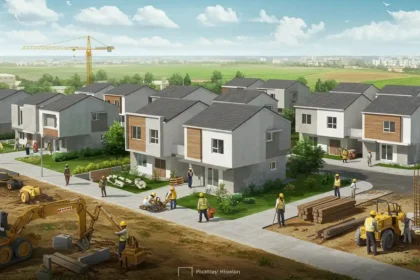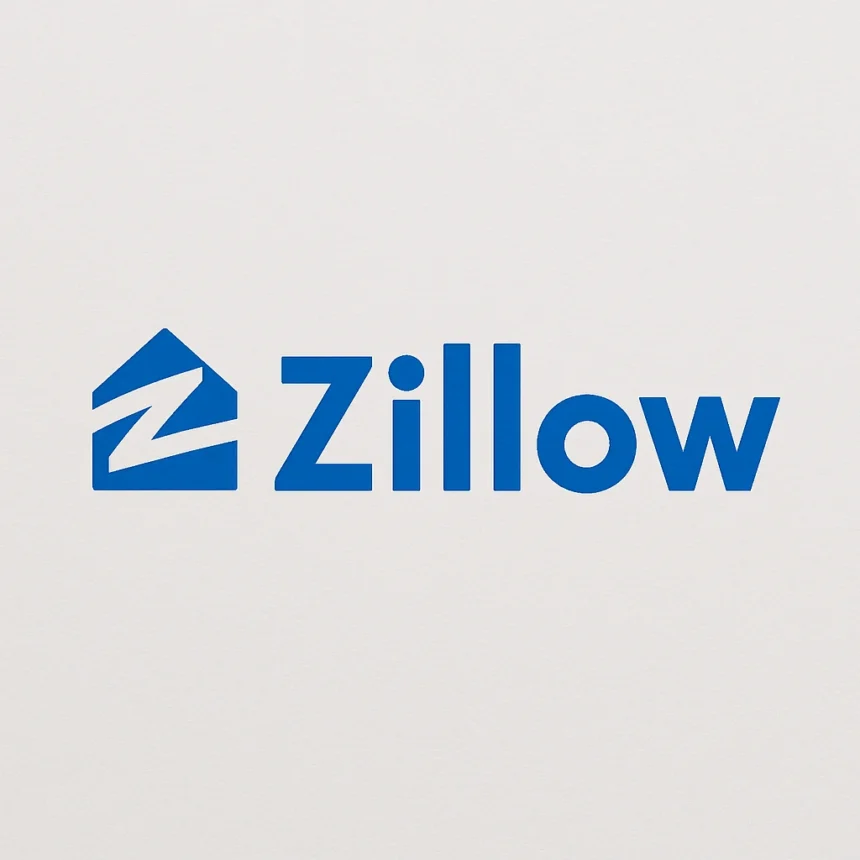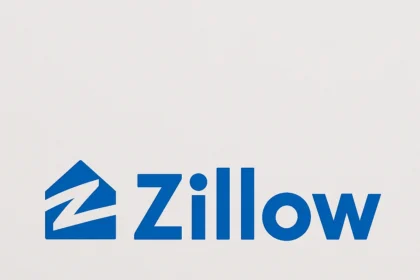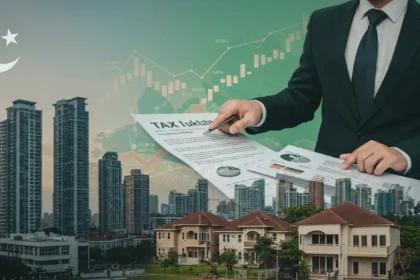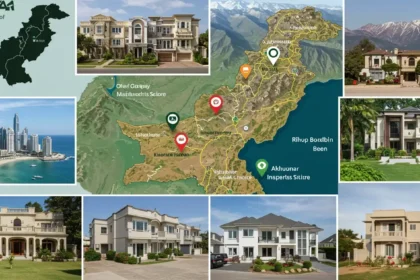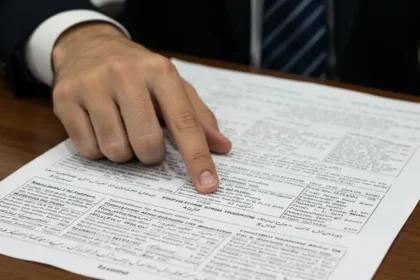CDA Board Approves Auction of Commercial Plots: A Boost for Islamabad’s Real Estate Market?
The Capital Development Authority (CDA) Board has recently approved the auction of over 35 prime commercial plots across Islamabad. This move is expected to inject…
Let's Connect
Featured Stories
If Your Home’s on Zillow, This Might Be the Most Important Thing You Read Today
You’ve hit “Publish” on Zillow. You nervously refreshed your inbox. You told yourself, “Any day now, that perfect offer will come.” And yet… still crickets.…
10 Essential Tips for First-Time Home Buyers in Pakistan
Buying your first home is a huge step, and it's easy to feel overwhelmed. Here's…
Punjab’s Property Tax Reforms: A Boost for Affordable Housing?
The real estate landscape in Punjab, Pakistan, is poised for a potential shift following the…
Sindh’s Housing Crackdown: What Does it Mean for Pakistan’s Real Estate?
Introduction While the Pakistani real estate market is always in motion, a significant development in…
Why Isn’t Your Zillow Listing Getting Offers? Uncover the Hidden Reasons
You've taken the significant step of listing your home on Zillow, anticipating a swift sale.…
Sindh’s Housing Crackdown: What Does it Mean for Pakistan’s Real Estate?
Introduction While the Pakistani real estate market is always in motion, a significant development in…
Big Relief for Homeowners: Punjab Exempts Smaller Properties from Tax
The Announcement The real estate landscape in Punjab just shifted, with a significant announcement bringing…
Margalla Enclave Expansion: A Response to Soaring Demand Signals Positive Market Growth
The Islamabad real estate market is buzzing with the news of new plot launches in…
Big Relief for Homeowners: Punjab Exempts Smaller Properties from Tax
The Announcement The real estate landscape in Punjab just shifted, with a significant announcement bringing relief to countless homeowners. The provincial government has declared an…
CDA Chairman Takes Action on Water Filtration & Sewage in Islamabad
In a move that could significantly impact the quality of life and real estate market…
Margalla Enclave Expansion: A Response to Soaring Demand Signals Positive Market Growth
The Islamabad real estate market is buzzing with the news of new plot launches in…
Punjab’s Property Tax Reforms: A Boost for Affordable Housing?
The real estate landscape in Punjab, Pakistan, is poised for a potential shift following the…
Keeping You in the Now
Research
Buying Property in Pakistan: Essential Advice for Making the Right Decision
Buying property is one of the most significant financial decisions you will make in your life. In Pakistan, where the real estate market is thriving…
Buying Property in Pakistan: Essential Advice for Making the Right Decision
Buying property is one of the most significant financial decisions you will make in your…
CDA Chairman Takes Action on Water Filtration & Sewage in Islamabad
In a move that could significantly impact the quality of life and real estate market…
Punjab’s Property Tax Reforms: A Boost for Affordable Housing?
The real estate landscape in Punjab, Pakistan, is poised for a potential shift following the…
Major Government Announcement on Property Tax Reforms
Government Unveils Plans for New Property Tax System The government of Pakistan has just announced…
Why Isn’t Your Zillow Listing Getting Offers? Uncover the Hidden Reasons
You've taken the significant step of listing your home on Zillow, anticipating…
If Your Home’s on Zillow, This Might Be the Most Important Thing You Read Today
You’ve hit “Publish” on Zillow. You nervously refreshed your inbox. You told…
Decoding the 2025 Tax Reforms: Pakistan Real Estate Braces for Impact
Pakistan's real estate sector is no stranger to fluctuations, and the recently…
The Ultimate Guide to Buying Land in Pakistan: Dos and Don’ts
Buying land in Pakistan can be a lucrative investment, but it's also…
Big Relief for Homeowners: Punjab Exempts Smaller Properties from Tax
The Announcement The real estate landscape in Punjab just shifted, with a…
Punjab’s Property Tax Reforms: A Boost for Affordable Housing?
The real estate landscape in Punjab, Pakistan, is poised for a potential…
Choosing the Perfect Location for Your Property in Pakistan
Choosing the perfect location for your property in Pakistan is a crucial…
Rawalpindi Development Authority Cracks Down on Illegal Housing Scheme: What it Means for the Real Estate Market
The Rawalpindi Development Authority (RDA) has recently issued a notice to an…


